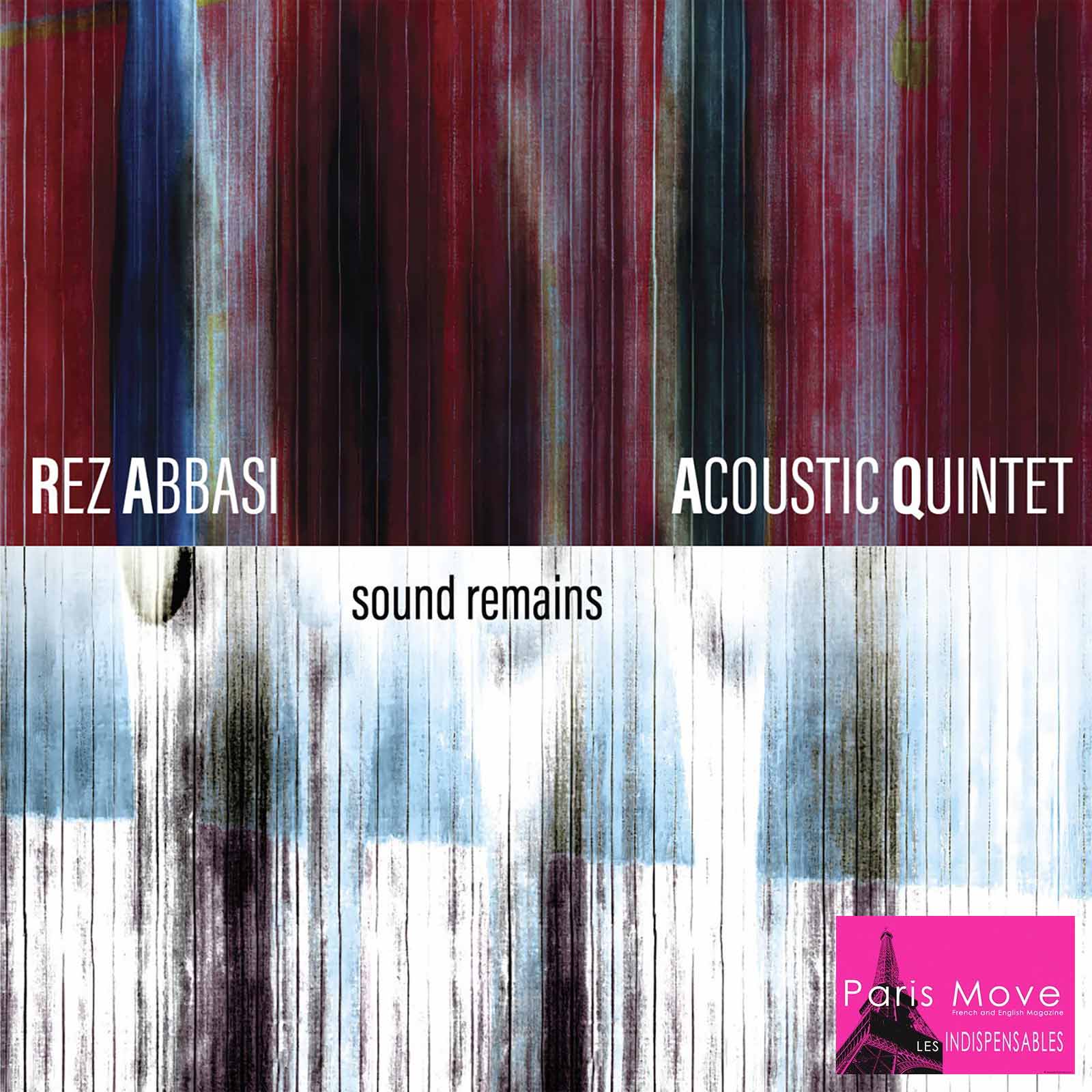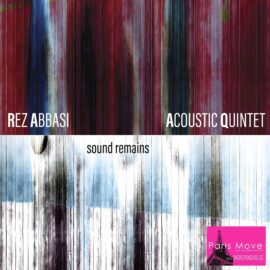| Jazz |

The Quiet Fire of Rez Abbasi: A Contemplative Masterwork Rooted in Cultural Hybridity
In the evolving landscape of contemporary jazz, few forces have shaped its trajectory as profoundly as cultural hybridity. The genre’s very fabric, born of diasporic movement, resistance, and reinvention, has always welcomed the fertile confluence of tradition and experimentation. Among today’s most compelling exemplars of this dynamic is Pakistani-American guitarist and composer Rez Abbasi, whose latest album once again underscores how seamlessly the merging of cultural roots can generate something fresh, deeply resonant, and artistically vital.
Abbasi, a 2021 Guggenheim Fellow for composition and previously named “Best Rising Star Guitarist” in the 2013 DownBeat Critics Poll, stands as a singular voice in the jazz world, a place where he comfortably shares space with the likes of Bill Frisell and Pat Metheny. But rather than emulating their sonic paths, Abbasi has forged his own. His music does not rely on overt melodic tropes to signal his Pakistani heritage. Instead, it is through rhythm, texture, and especially the subtle but essential use of percussion, that we glimpse his roots.
It is no coincidence that this dimension is so deeply felt in his newest recording, the third album by his current ensemble, which reunites him with vibraphonist Bill Ware, bassist Stephan Crump, and drummer Eric McPherson. Together, they had already carved out a distinctive chamber-jazz intimacy on Natural Selection and Intents and Purposes. Now, the addition of master percussionist Hasan Bakr, with his lineage in the Gullah-Geechee tradition, broadens their sound into a cross-cultural, polyrhythmic tapestry that is as grounded as it is expansive.
Bakr’s contributions are not mere adornments,they form a dialogic core that reshapes Abbasi’s compositions from the inside. “This time,” Abbasi reflects, “the inclusion of group percussion improvisation added a new dimension to my pieces. I was inspired by how Guillermo Franco, one of Hasan’s teachers, played with Keith Jarrett’s group.” It is this layering, where rhythmic exploration becomes a meditative practice, that lends the album its contemplative strength. “Meditation helps me align with the peace that comes from letting go of perpetual desire and personal conditioning,” Abbasi explains. “When I reach that space, often all that’s left is sound.”
Indeed, sound, and not just technique, is at the heart of this album. There’s a quiet narrative quality to these compositions, a dramaturgy that unfolds gently but with an assured hand. Each piece feels as though it’s drawn from a specific memory or sensation. Rather than lean into sonic aggression or hyper-virtuosity, as someone like Rudresh Mahanthappa might (albeit brilliantly), Abbasi favors a listening posture, a contemplative aesthetic that transforms his album into a kind of poetic suite. He returns to his acoustic guitar exclusively here, reviving the intimate language of his earlier work but enriching it through years of cross-genre collaboration.
And what a résumé of collaborations it is. Over more than two decades based in New York, Abbasi has worked with a staggering range of musicians: Peter Erskine, Kenny Werner, Barre Phillips, Tim Berne, Michael Formanek, Billy Hart, Gary Thomas, Dave Douglas, Rudresh Mahanthappa, Mike Clark, Tim Hagans, John Beasley, Ronu Majumdar, Kadri Gopalnath, Vishwa Mohan Bhatt, Vijay Iyer, Marilyn Crispell, Greg Osby, Howard Levy, each encounter layering into the complex mosaic that now characterizes his compositions.
But for all this pedigree, Abbasi remains a modest and measured presence. His latest work feels less like a declaration and more like an invitation, to listen deeply, to inhabit space, to sense the interwoven fibers of South Asian, African American, and jazz traditions not as exotic signposts, but as integrated parts of a larger musical vision. “Eric’s use of space complements Hasan’s rhythmic sensibility beautifully,” he says. “Bill’s voice on vibraphone is singular. And Stephan’s presence on bass is commanding. We captured something truly special on this record.”
There is a wisdom in this music, a slow unfolding that doesn’t insist on itself but lingers, resonating with quiet intensity. Abbasi’s compositions are architecturally intricate, but never cold or cerebral. They carry the grandeur of what a work ought to be, while retaining the delicacy and elegance of something personal and handcrafted.
In an era increasingly defined by immediacy and noise, Rez Abbasi’s latest album stands as a luminous counterpoint, a project that listens as much as it speaks, that gestures inward rather than outward. It is a rare and precious thing: jazz not as spectacle, but as reflection, where cultural fusion is not a gimmick, but a deep and lived experience.
Thierry De Clemensat
Member at Jazz Journalists Association
USA correspondent for Paris-Move and ABS magazine
Editor in chief – Bayou Blue Radio, Bayou Blue News
PARIS-MOVE, July 16th 2025
Follow PARIS-MOVE on X
::::::::::::::::::::::::
Musicians :
Rez Abbasi – acoustic guitars, composer, producer
Bill Ware – vibraphone
Stephan Crump – acoustic bass
Eric McPherson – drums
Hasan Bakr – percussion
Tracklist :
Presence
You Are
Questar
Folk’s Song
Spin Dream
Lonnie’s Lament
Meet the Moment
Purity
ALBUM CREDITS:
Recording Studio – Samurai Hotel Studio – March 20–21, 2024
Engineered by Michael Marciano
Mixed by Michael Marciano
Mastered by Gene Paul
Producer – Rez Abbasi
Executive Producer – Michael Janisch
Photography – Kiran Ahluwalia
Original Artwork – Tapa Tapatim
Graphic Design – Hugo Piper

